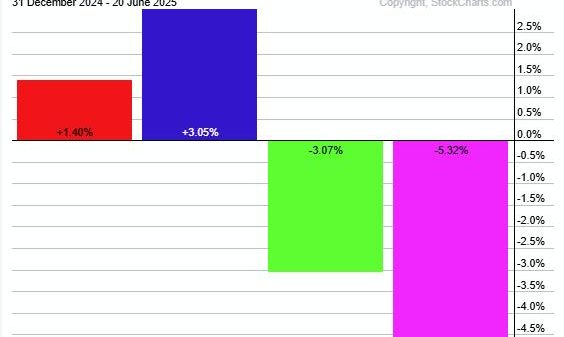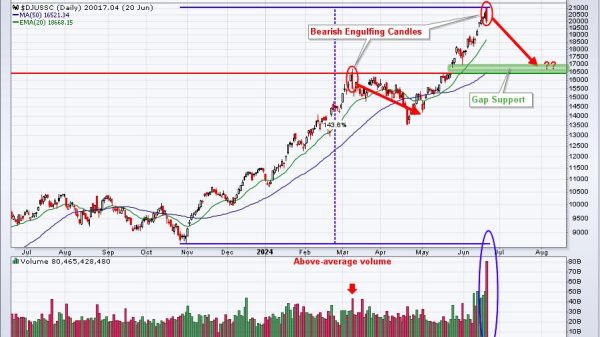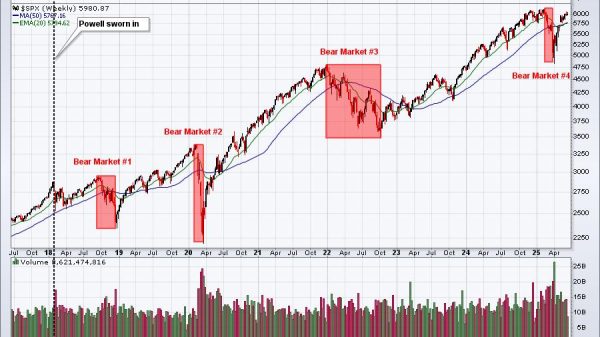How Would China’s Economy Collapse Influence the US?
The persistent focus of Western media on possible China’s economic recovery from the adversities of the past year has kept analysts and experts on their toes. Discussions around the potential collapse of China’s economy have gained traction amid this coverage. It also prompted critical questions about the likelihood of the latter and the ensuing global impact.
China’s Internal Struggles
China faces multifaceted challenges that cannot be overlooked. The repercussions of the one-child policy, enforced from 1979 to 2016, are evident in a shrinking and ageing population. The youth unemployment rate has surged, reaching an alarming 21.3% in June. Additionally, China grapples with a property market crisis as major property developers like Evergrande teeter on the edge of default, causing a rapid plunge in property developer stocks.
Resilience and Growth Amidst Concerns
Despite these challenges, projections suggest China’s economy is far from contracting. On the contrary, the government anticipates a growth of approximately 5% this year, surpassing growth rates in the US, UK, and EU. Historical instances where forecasts of an imminent “China collapse” during past crises failed to materialize also attest to the country’s resilience.
Lessons from the Past
During the Great Recession of 2007-2009, when the US economy contracted significantly, China swiftly adapted by stimulating the domestic market. The Chinese government initiated programs encouraging domestic manufacturers and offered rebates on home appliances to boost consumption. This pragmatic approach helped China maintain stability and economic growth.
China’s Potential Global Fallout
However, should China’s economy experience an unforeseen collapse, it would not remain isolated within its borders. The interconnectedness of the global economy would ensure a ripple effect, affecting countries reliant on China’s trade. Countries like Zambia and Chile, heavily dependent on exporting commodities to China, would face major economic crises.
Global Economic Interdependence
Western countries would not be immune, either. Germany, for instance, with 10% of its GDP reliant on trade with China, would experience contraction. With significant sales and revenue tied to China, the US tech sector would face notable setbacks.
While the overall direct impact of China’s collapse on the US economy might seem limited, the reliance of specific sectors on China’s market presents a cause for concern. The intricate web of global interdependence calls for cautious assessment and preparation for potential contingencies in the world’s economic landscape.
In conclusion, while the likelihood of China’s economy collapsing remains uncertain, its repercussions would undoubtedly send shockwaves throughout the interconnected global economy, emphasizing the need for prudence and foresight in international economic relations.
The post How Would China’s Economy Collapse Influence the US? appeared first on FinanceBrokerage.
























